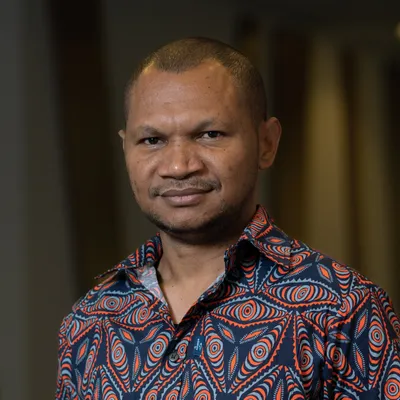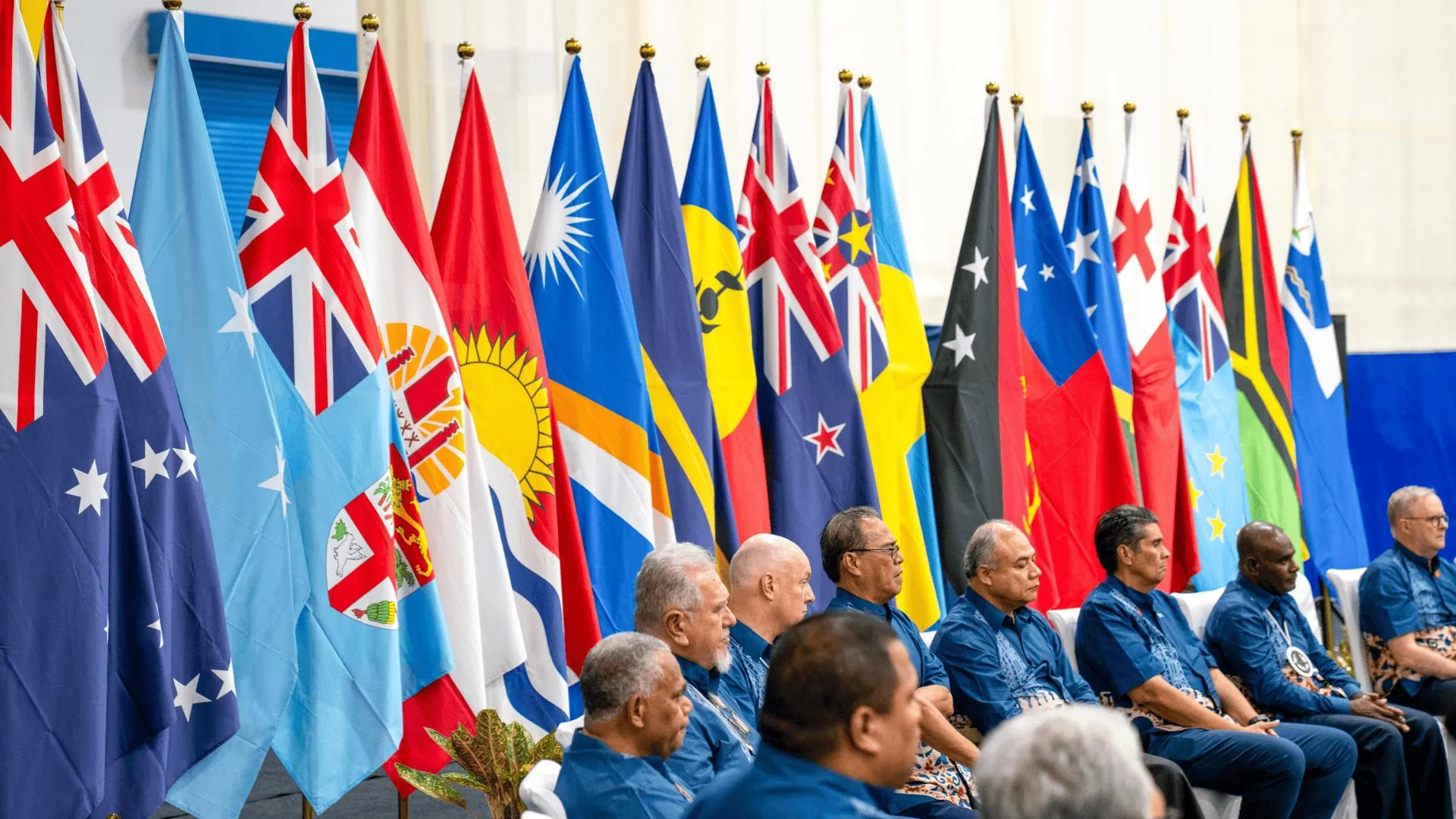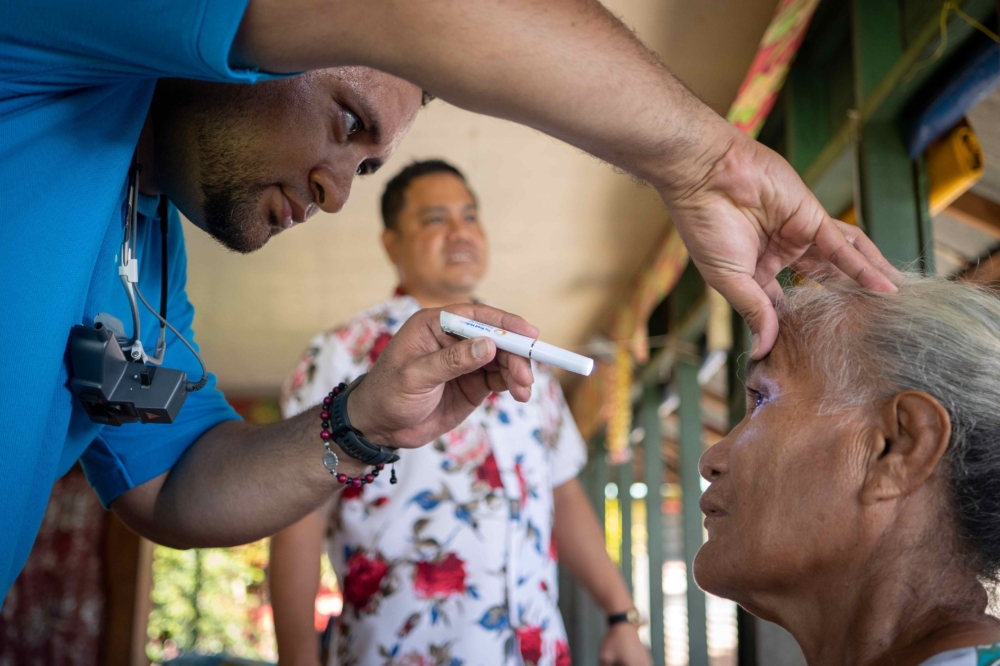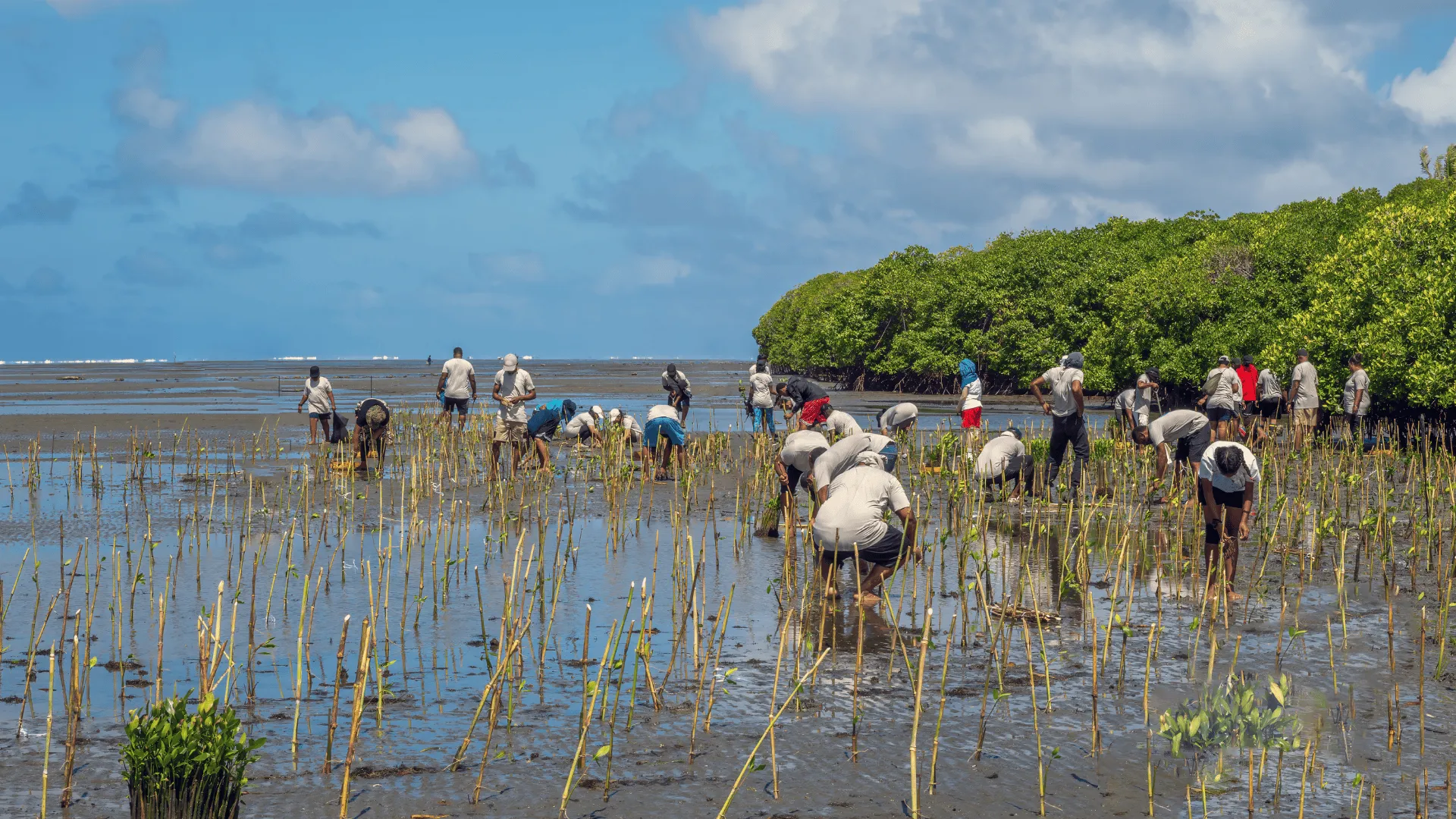Australia’s risk in PNG: why the Pukpuk Treaty could backfire
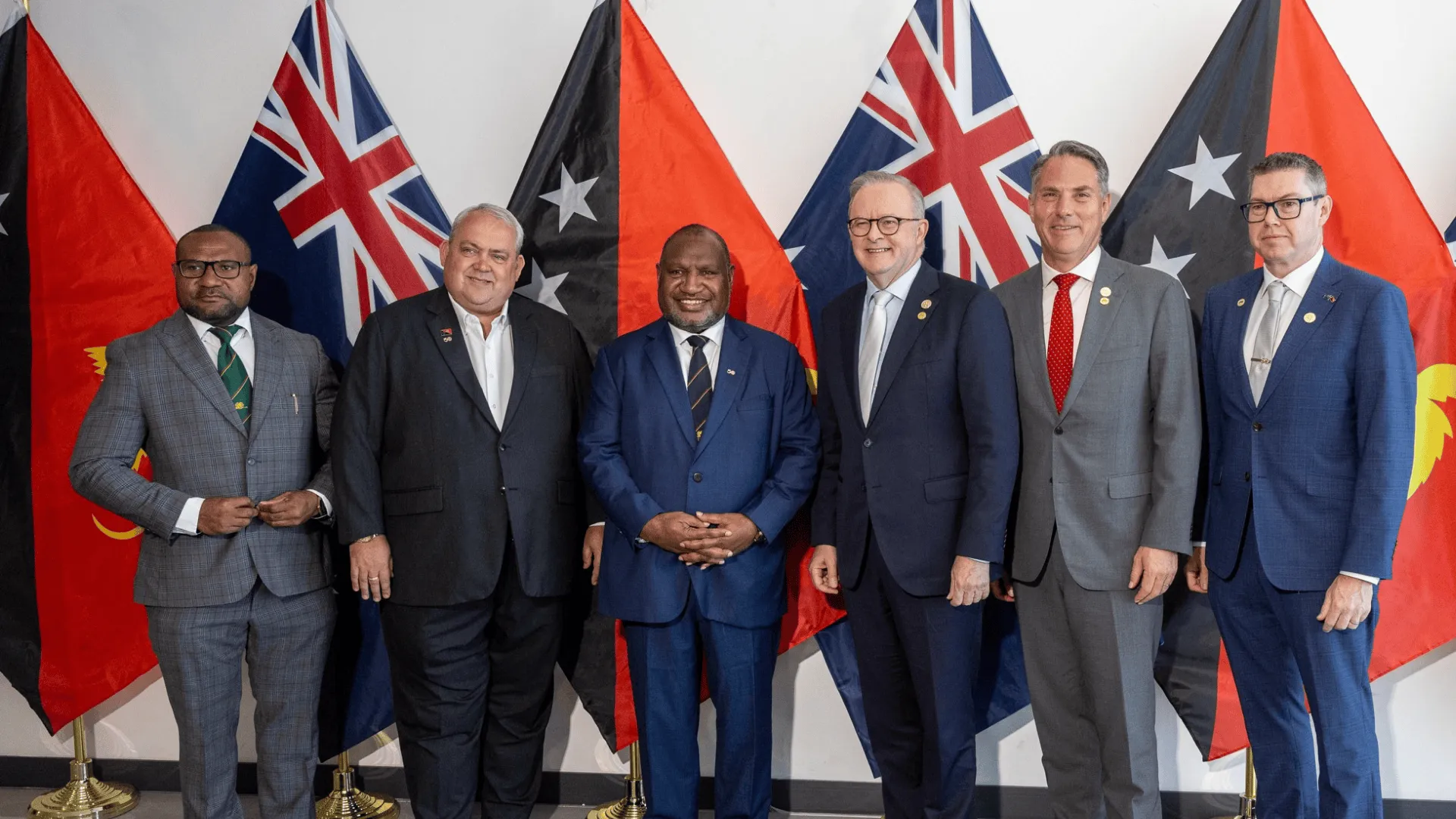
PNG Prime Minister James Marape and Australian Prime Minister Anthony Albanese signed a joint communique on a Mutual Defence Treaty in Port Moresby on 17 September 2025. Photo: Department of Defence/Rodney Braithwaite
The Pukpuk Treaty between Papua New Guinea and Australia has been hailed as a landmark military agreement, with both prime ministers reportedly agreeing on the text but holding off on signing.
But does this treaty meet PNG’s real security needs or does it risk destabilising the country? And should such a radical departure from the past for PNG be rushed through or should it be more widely debated?
PNG does need external support to address its daunting security challenges. Its 2.4-million-square-kilometre exclusive economic zone and 824-kilometre border with Indonesia are difficult to police, for example, and the nation loses an estimated K400 million annually in revenues to illegal tuna fishing. Its porous borders also make PNG a transit hub for drugs and weapons. In 2020, a plane carrying 500 kilograms of cocaine, allegedly shipped via yacht from South America, entered PNG undetected and crashed near Port Moresby en route to Australia. Reports also suggest that high-powered firearms in the Highlands are mostly sourced from within PNG.
These problems, combined with the occurrence of frequent natural disasters and the emerging risk of cyberattacks, show that PNG does need outside help with training and equipment to increase its capacity for timely and coordinated responses.
Given that PNG’s threats are overwhelmingly internal and non-traditional, there is no justification for additional external investment to increase the combat readiness of the army and even less for entering into a treaty that commits PNG to combat elsewhere.
Instead, what PNG needs are coastguard-style capabilities: maritime patrols, satellite monitoring, fisheries enforcement, customs and border policing, engineering units and disaster response teams. Similar investments are required for land-border control, while tribal conflict and criminality are best addressed by expanding and equipping the police and procuring the latest technology. These priorities can already be pursued through the PNG-Australia Bilateral Security Agreement signed in 2023 and ratified by PNG in 2024.
In fact, additional investments in the military could make PNG less stable rather than more secure. In the Pacific, Fiji shows how a disproportionately resourced military can become a political threat. Its five coups since 1987 were led or backed by soldiers, some of whom had gained experience on international peacekeeping missions. PNG’s own politics are notoriously unstable, with only two prime ministers completing their terms since independence. In 2024 and 2025 alone there were seven attempts to remove the prime minister, two of which reached formal votes. Despite this turbulence, PNG has managed peaceful, constitutional transfers of power. A stronger, combat-oriented military could upset this delicate balance and open the door to future coups.
Another danger lies in the country’s social fabric. Almost every Papua New Guinean is tied by obligation to their tribe or clan. Soldiers are no exception. Allegations already exist that political, business and security elites have funded and armed groups involved in tribal violence in the Highlands, which has become endemic in recent years. It is this same political class that will sign the treaty and the same security elites who will enforce it, both accused of fuelling the very conflicts destabilising the country. More hardware for the army is likely to mean more weapons for tribal conflicts, leading to violence that could escalate beyond the state’s control.
Australia should also remember its own history in PNG. During the Bougainville conflict, Australia supplied Iroquois helicopters and other military equipment to the PNG Defence Force. Despite guarantees from PNG that the helicopters were to be used to enforce the blockade of Bougainville, they ended up being deployed in operations that indiscriminately killed civilians. The Bougainville experience shows that Australian assistance, if poorly designed and poorly monitored, can deepen internal crises rather than resolve them.
Another problem is that this defence treaty contradicts PNG’s longstanding policy of neutrality, being “friends to all, enemies to none.” Under the treaty, the two countries will be “legally obliged to defend each other from a military attack on either territory.” Australia already has such agreements with New Zealand and the US, but it would be a first for PNG and could have major implications for its growing economic relationship with China.
The PNG government might think these are separate and mutually exclusive domains, but in practice they are deeply interconnected, and pursuing one inevitably reshapes the meaning and perception of the other. Moreover, commentators are already arguing that the treaty’s provisions violate the PNG constitution and will end up in court. Surely such a massive change requires a wider debate. It seems the cabinet was not consulted properly, let alone the parliament or the broader public.
The Australian government and public must also recognise that negotiations with the PNG government are largely elite-driven, lacking a broader mandate. Academics have argued for a while now on this subject. Patrick Kaiku, for instance, raised concerns about political parties and politicians offering no clear positions on foreign affairs in the 2022 national elections despite geopolitical contestation. During elections, they instead campaigned almost entirely on local issues and promises of localised benefits. The positions they pursue internationally in the post-election period therefore have not been presented to the constituents during elections.
PNG governments seldom consult the public on major international agreements. The Pukpuk Treaty is a case in point. As Bernard Yegiora documents in this blog, in Australia, the Joint Standing Committee on Treaties conducted public consultations and scrutiny of the treaty before publishing a report. By contrast, PNG’s equivalent body, the Permanent Parliamentary Committee on Foreign Affairs, conducted no consultations and produced no report. PNG does not even have foreign policy or defence white papers to guide its engagements, meaning that even among its elites there are no broad consultations.
This delay in signing the Pukpuk Treaty offers PNG leaders a chance to pause and reflect on its wider implications, some of which have been outlined above. It should also prompt the Australian government and public to reconsider their support, ensuring that the treaty strengthens rather than undermines PNG’s stability.
Michael Kabuni is a PhD candidate at the Department of Pacific Affairs at the Australian National University (ANU) and a Pacific Security College PhD scholarship recipient.
This article was first published on DevPolicy blog.
Views expressed via the Pacific Wayfinder blog are not necessarily those of the Pacific Security College.
